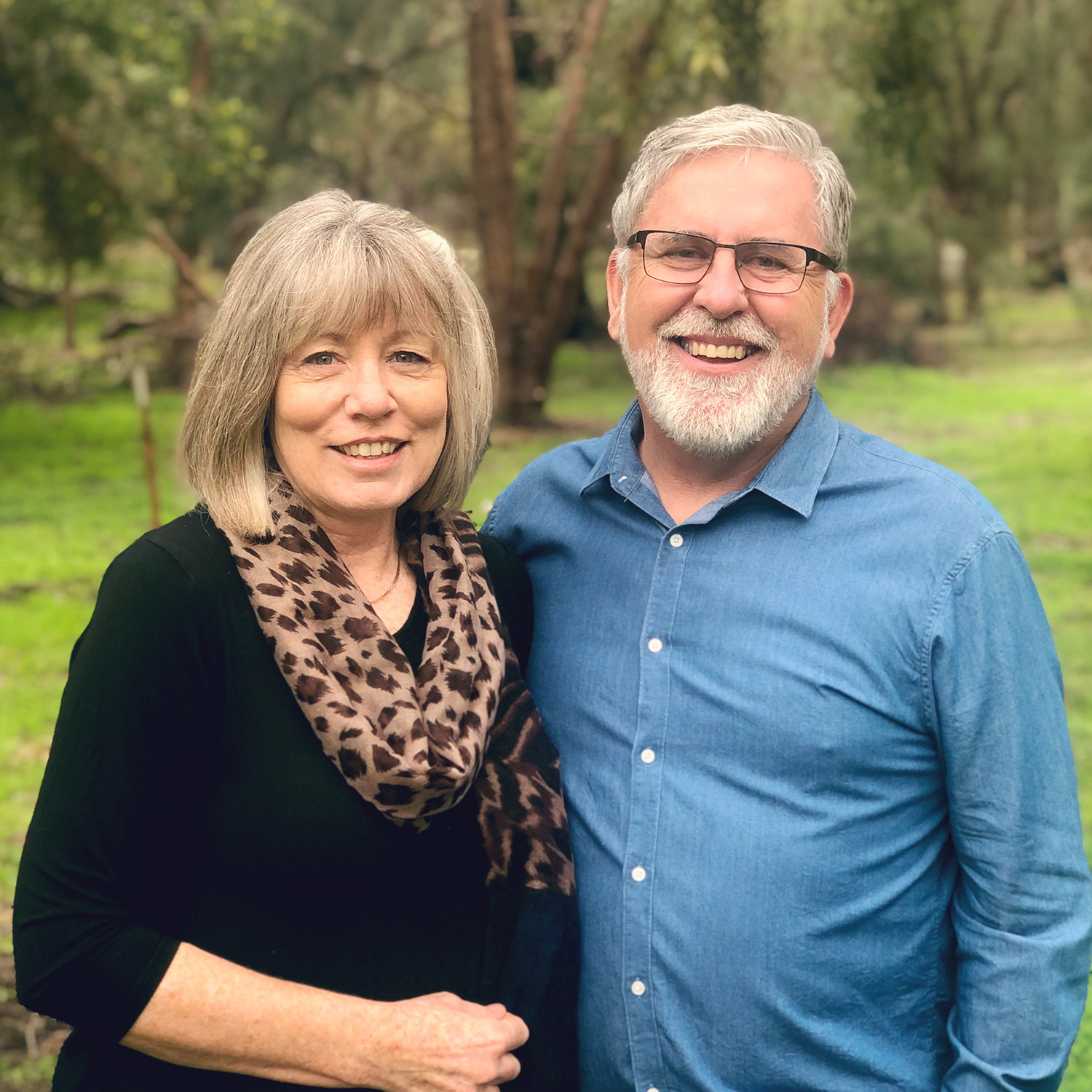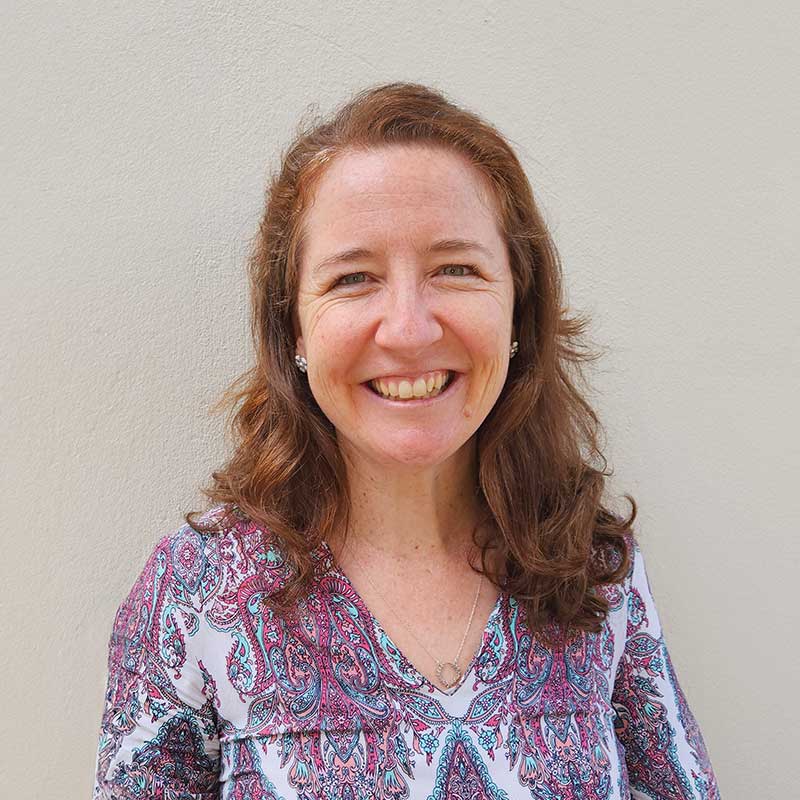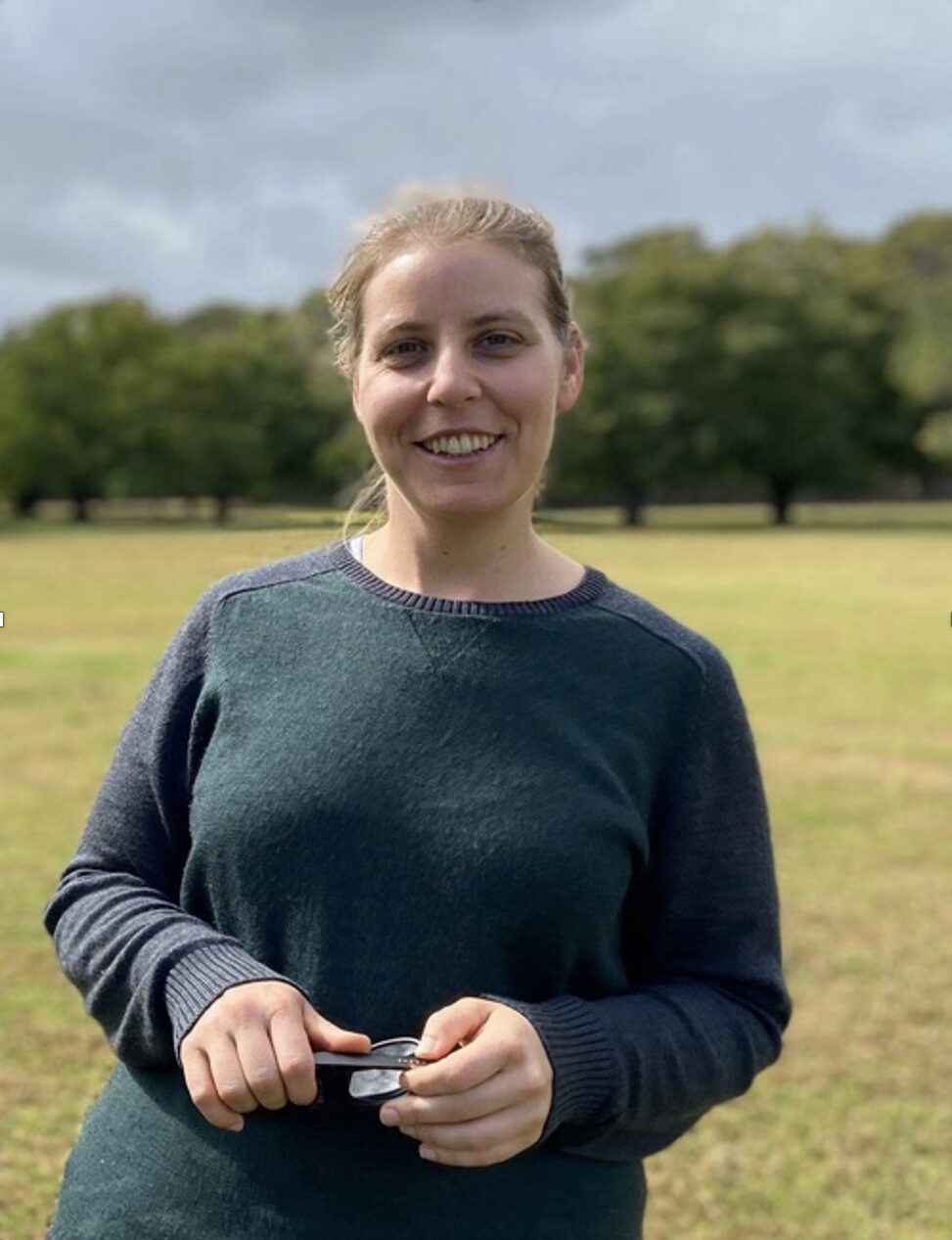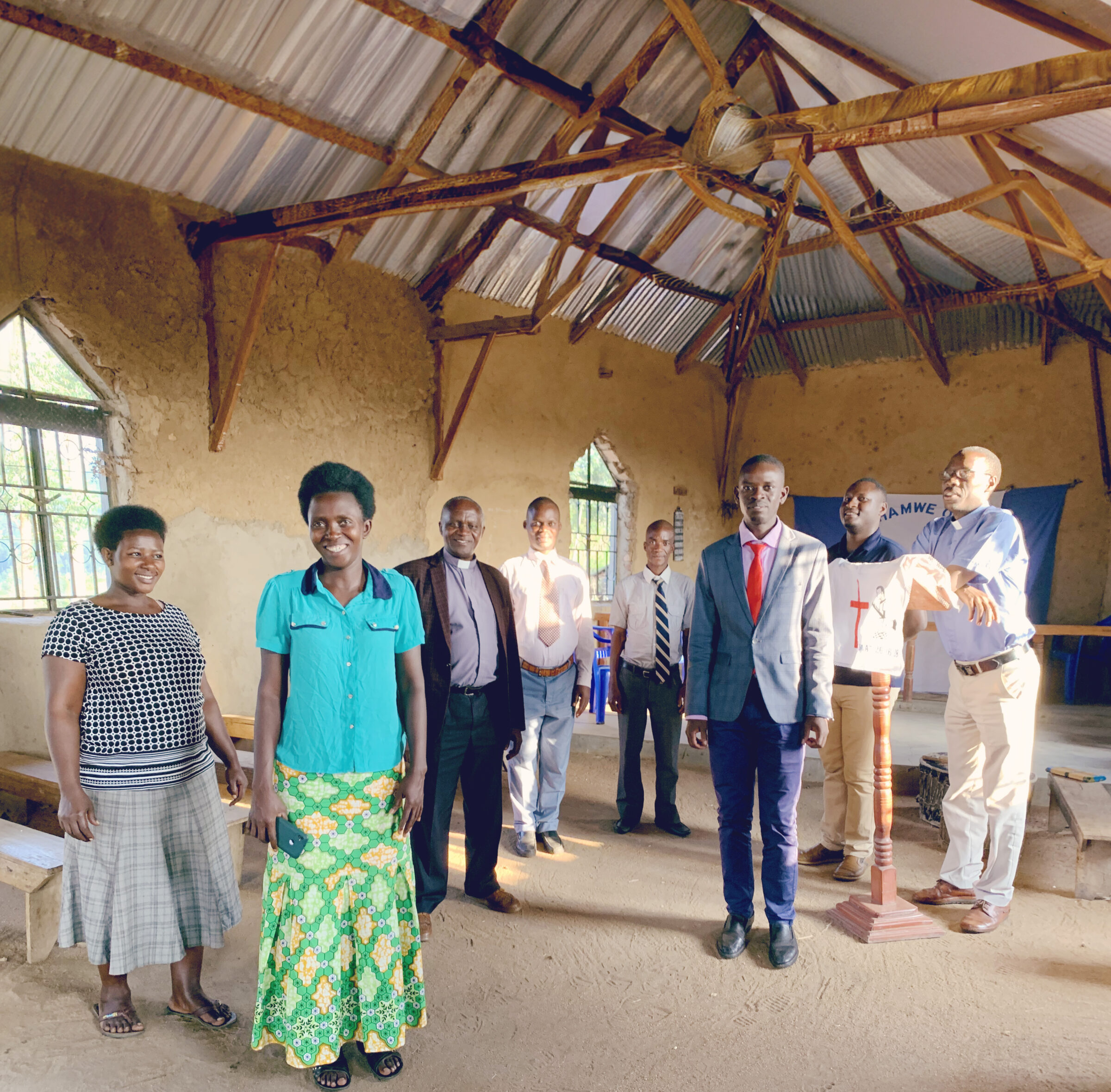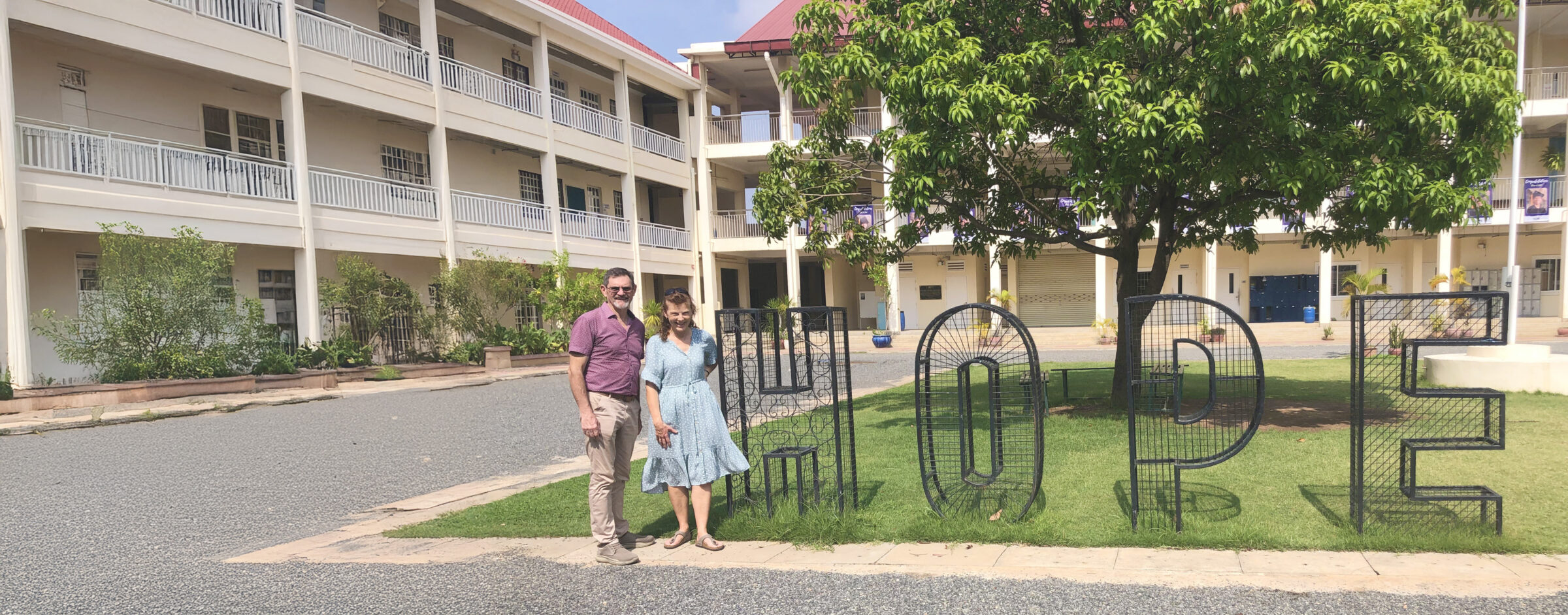Progress, not perfection
From when a person first hears the message of God’s grace, to years later when they are still following Jesus, encountering joys and trials, what is it that counts? CMS International Director Peter Sholl explores how our faithful God works in people’s lives to enable progress, not perfection, until we meet him face-to-face.
What are our expectations when we farewell CMS missionaries going off to serve in a location where, God willing, they will minister the gospel of Jesus Christ for many years to come? Certainly, we hope for people to hear the good news, put their trust in Jesus and grow in their love and service of him, and we pray accordingly. But what then?
Of course, we look forward to the carrying on of good works in the lives of the people we serve among to until their completion at the day of Christ Jesus (Philippians 1:6). But this completed good work doesn’t happen overnight—not even for CMS missionaries! One of the phrases we may hear from missionaries when they are on Home Assignment is “Don’t put me on a pedestal, I’m just like you.” After having served for 12 years with CMS in Mexico, and at various times standing up the front of an audience or being on a missionary panel, I completely understand the sentiment behind this plea. Apart from not wanting to be the centre of attention, or somehow take away from what God is doing through me, I don’t want others to put me on a pedestal because I know I’m not perfect. I get things wrong; I preach a dud sermon every now and then, and I don’t always treat people in a godly way. How should I think about this imperfection, and how should I reflect on my imperfections as I seek to lead and disciple others?
Good (but imperfect) discipling
Let’s consider the biblical example of the discipling relationship that existed between Paul and Timothy—and how Paul wanted Timothy to conduct himself as a leader and discipler of others.
In the context of this relationship, in 1 Timothy 4:11-14, Paul urges Timothy to:
- teach confidently (“command and teach” in verse 11)
- set an example “in speech, in conduct, in love, in faith and in purity” (verse 12)
- be devoted to the public reading of Scripture (verse 13)
- use his “gift” (presumably, as a preacher and teacher—verses 13 and 14).
These are all valuable and acceptable exhortations for one who is to lead others in Christian growth. However, the next encouragement includes a notion that may surprise.
Be diligent in these matters; give yourself wholly to them, so that everyone may see your progress. Watch your life and doctrine closely. Persevere in them, because if you do, you will save both yourself and your hearers. (1 Timothy 4:15-16)
In the long list of exhortations Paul’s desire is not for Timothy to demonstrate or achieve perfection in his “life and doctrine”. Rather, he is to make visible progress.
It is through this model of progress (rather than perfection) that the ultimate goal will be achieved—that being salvation for “both yourself and your hearers”.
In that context, progress > perfection.
I wonder how we respond to this idea that we are striving for progress, not perfection? Perhaps we are greatly relieved?
As I reflect on my own life, I am reminded daily, even hourly, that I am not an example of perfect godliness. I get impatient, I don’t take up my cross daily, I grow weary of doing good, and I don’t pray about all things with thanksgiving (just to name a few).
So yes, it is a relief to know that though we will one day be made perfect as God brings his work in us to completion, in the meantime we don’t need to pretend to be something we’re not. Progress—not instant or fake perfection—is what we’re called to.
If this visible progress is what Paul calls for in Timothy—and by extension to all who like Timothy seek to be saved—then this is what we should look for, pray for, hope for and expect to see in all who trust Jesus.
No, we shouldn’t put missionaries (or bishops, or pastors, or elders, or Bible teachers) on a pedestal—that is not good for them, and not good for us. Rather we should look to them, as we look to each other, to be making progress—confessing sin, receiving grace and forgiveness with humility, and continuing to walk patiently forward in the Christian life.
Looking for progress
We look for visible progress in the Christian life in ourselves, and amongst our missionaries. In the same way, we look for and pray for visible growth wherever the gospel is at work in the world, and wherever CMS missionaries proclaim the message of Jesus.
This issue of Checkpoint highlights different stories of people in different locations who are making progress in their lives and, in some cases, in their ministries of Christian leadership. Although many CMS missionaries have contributed stories to this edition, the missionaries are not the ones in the spotlight. Rather, we want to show you how God’s Spirit is moving in the lives of people whom our missionaries have come into contact with: sometimes only briefly, sometimes over a period of many years.
There are stories of people who are not Christians yet, as far as we know. But we rejoice that even in these cases our missionaries have received and taken up remarkable opportunities to speak of the grace of God revealed in Christ. And we can join in praying for the individuals spoken of, to continue making progress in exploring faith.
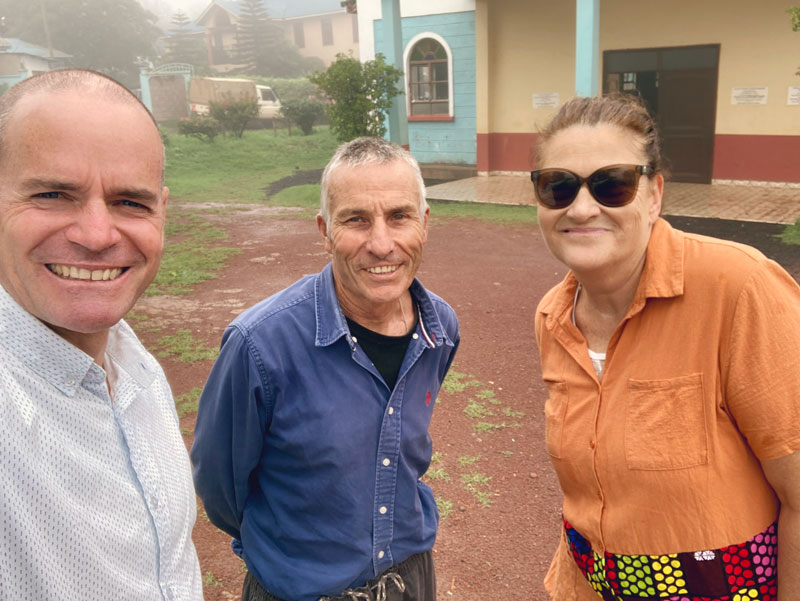
Peter Sholl on a recent pastoral visit with CMS missionaries Norm and Janelle Gorrie in Kenya.
Persevering faith
For some people our missionaries work with, discipleship and evangelism can raise complicated issues. For them, to make progress in areas of Christian living means making daily decisions to stand out. CMS missionary Josh Apieczonek, serving in France, shares the story of Naasir, a young student from a Muslim family who has been challenged with the gospel and now is working out what it means to live as a Christian in a family who will not appreciate his decision. Perfection? No. Progress? Yes. There are other stories on the CMS website, of Christians making similar progress in the face of difficult circumstances, including people who have been walking with the Lord for a long time.
Many CMS missionaries are involved in equipping Christians as leaders in the church and the world. Malcolm and Leanne, serving in South East Asia, share the story of some of their Bible college graduates, who are now planting churches in and around their city. Malcolm and Leanne’s encouragement to these young graduates is imperfect, and limited by ongoing struggles with language and cultural complexities. But as these graduates persist in making progress in their own Christian walk—and through the imperfect support, prayer and teaching they have received—new churches are being planted and nurtured. Along the way, new areas of imperfection may be discovered by those planting the churches. But they, too, are saving both themselves and their hearers (1 Timothy 4:16) as they demonstrate visible gospel progress to those who they lead.
Salvation is our goal
As we are encouraged and challenged by the stories we read, may we remember that as people who are being saved by the crucified and resurrected Jesus, we’re seeking progress and not perfection, and we can look forward to being made perfect as part of the new creation. So let us pray for ourselves, for the CMS fellowship, and for the people and partners we serve alongside around the world. Let us pray for godly progress—that we may save both ourselves and our hearers.

PRAY
Pray for CMS missionaries and those they serve alongside, that God would enable them to make progress in life and doctrine, for the salvation of many.




























